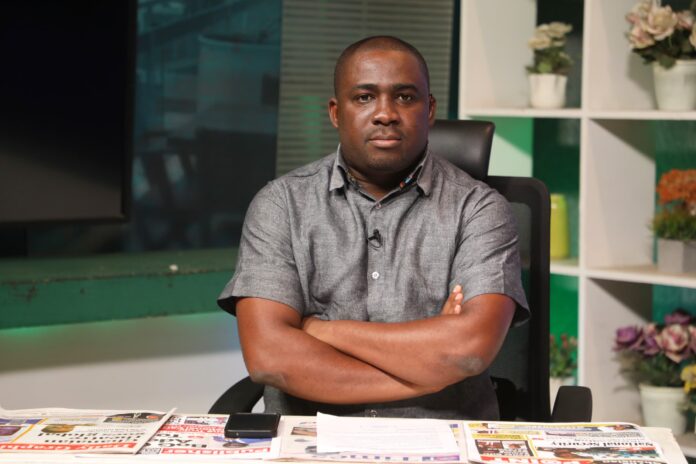In every democratic system, the transfer of power comes with both assets and liabilities. Successive governments don’t start from scratch—they inherit the achievements and shortcomings of their predecessors. Ghana is no exception.
Yet, a troubling pattern persists. Each time a new administration takes office, public discourse—and political messaging—tends to focus almost exclusively on the burdens left behind: debt, stalled projects, or alleged mismanagement.
Rarely do we hear about the progress made, the infrastructure completed, or the institutional reforms initiated by previous governments.
This one-sided narrative does a disservice—not only to former leaders but also to the citizens. Politicians have a responsibility to present the full picture: not just what went wrong, but also what went right.
Acknowledging inherited assets promotes continuity, builds national pride, and prevents the needless abandonment of worthy initiatives.
But is the blame solely the burden of the political class? Not entirely.
We, the citizens, must also take a hard look at ourselves. Many of us have developed a tendency to focus on the negative. Bad news spreads faster. Scandals trend. Outrage sells. As a result, positive developments often go unnoticed or underappreciated.
If we truly desire better governance, we must demand more than just accountability for failures—we must also insist on the protection and advancement of success.
It’s time to shift the national conversation from blame to balance, from constant criticism to constructive continuity.
ALSO READ:



